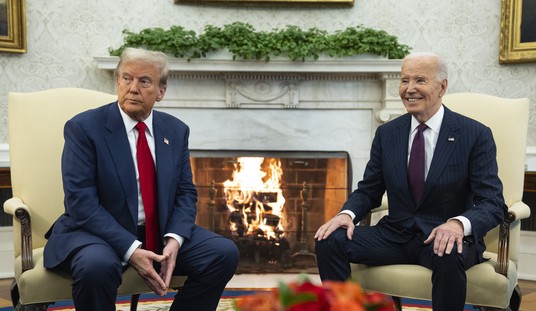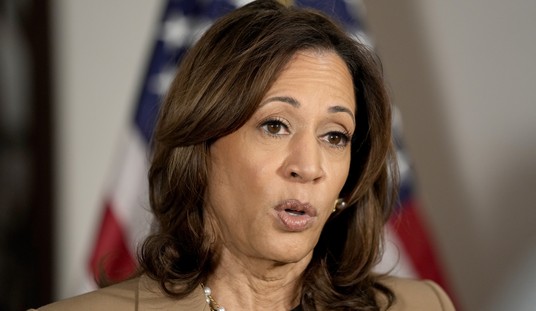By this time, most of you have doubtless heard about President Trump’s tweeted “order” for American businesses to find “an alternative to China” for their operations. This has left many observers somewhat slackjawed, wondering not only where this idea came from, but also where the President would find the authority to issue such a demand. The Associated Press has uncovered the answer to the second question this weekend and it comes in the form of the International Emergency Economic Powers Act of 1977 (IEEPA).
President Donald Trump is threatening to use the emergency authority granted by a powerful, but obscure federal law to make good on his tweeted “order” to U.S. businesses to cut ties in China amid a trade war between the two nations.
China’s announcement that it was raising tariffs on $75 billion in U.S. imports sent Trump into a rage.
Trump, in a tweet, declared American companies “are hereby ordered to immediately start looking for an alternative to China.” He later clarified he was threatening to make use of the International Emergency Economic Powers Act.
As much as I’ve generally been supportive of many (though not all) of the President’s policy initiatives, particularly on border security and jobs, this effort strikes me as seriously being a bridge too far. There need to be reasonable limits on executive authority and invoking the IEEPA to deal with China’s recalcitrance in trade negotiations clearly seems to be a large step over that line.
Granted, we’re on shaky ground here in opposing this action because there isn’t actually a definition of “national emergency” anywhere on the books. In the past, we’ve relied on common sense and a “normal” level of restraint on the part of our presidents to guide such choices, but such restraint is clearly missing here, at least as I see it.
You can read a good analysis of how the courts might determine such a definition from Jennifer K. Elsea at Congressional Research Service. When a specific definition for words or terms is missing in any legislation, the courts will traditionally fall back on the ordinary meaning doctrine. That is to say, words will be evaluated by their typical, accepted definitions in everyday use. In common use, the word emergency is defined as, “an unforeseen combination of circumstances or the resulting state that calls for immediate action.”
China being bullheaded on trade is neither unforeseen nor surprising in any way. Also, we’ve been going back and forth on trade discussions with the Chinese for as long as we’ve had open relations with them. There is no obvious argument to claim that a failure to order all American business out of China at once will lead to some catastrophic and imminent threat to the security of our nation.
Of course, the other approach to the question is to say that Congress intentionally left the definition of “national emergency” vague because they wanted to leave it up to the discretion of the President and not hamper his or her ability to nimbly respond to a crisis. But when they penned the original legislation, I don’t think they saw Donald Trump coming.
Getting away from the legal technicalities, small-government conservatives should be aghast at the use of the IEEPA in this fashion. President Trump isn’t ordering diplomats or other government personnel out of China. He would be shutting down and potentially crippling private enterprise. This runs counter to the entire idea of free markets. Keep in mind where the IEEPA came from. It was an offshoot of the Trading with the Enemy Act (TWEA), which dates back to the early part of the 20th century. Unless we are declaring China to be an enemy, effectively putting us on a war footing, this action simply doesn’t work. China remains among our largest trading partners, no matter how bad their history of human rights might be nor how unfair many of the trade practices are.
I’ll confess that I had far more sympathy for the President declaring a national emergency on the southern border, but perhaps I shouldn’t have. That situation has been described as a “crisis” by members of both parties, though they each have a different spin on the details. When massive caravans were overwhelming our border security resources on a monthly basis, it certainly struck me as an immediate threat to the nation requiring prompt action. But was it a national emergency? That one was a tougher call.
I sincerely hope that the President rethinks this idea of trying to force American business out of China on a moment’s notice. It just stinks of a vast overreach of executive authority and an excuse for big government injecting itself into the free market. And, yet again, if these actions are allowed to stand, what will we say when the next Democratic president declares gun violence to be a “national emergency” and begins ordering the confiscation of weapons without congressional approval? Let that question sink in for a while.








Join the conversation as a VIP Member